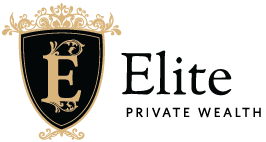How It Works:
- The Infinite Banking Concept involves using a dividend-paying whole life insurance policy.
- Policyholders pay premiums to build the cash value of the policy. (Yes YOU build the cash value – aka the bank)
- Once a significant cash value accumulates, policyholders can borrow against it.
- Borrowers then repay the loan at their own pace, with interest effectively paid back to their own policy, allowing them to “bank” on themselves.
Cons:
- Premium Costs: Whole life insurance premiums can be significantly higher than term life insurance.
- Reduced Death Benefit: If a loan isn’t repaid before the policyholder’s death, the death benefit is reduced by the outstanding loan amount.
- Potential Tax Implications: If a policy lapses with an outstanding loan, it might trigger a taxable event.
- Complexity: The concept can be complex and might not be suitable for everyone. It requires understanding and active management.
- Opportunity Cost: Money paid into the policy might achieve higher returns if invested elsewhere.
To summarize, you buy a life insurance policy that has premiums you must pay to keep the policy active, you are funding the cash value in the life insurance, and you pay interest when you withdraw money from the policy as a loan to yourself, which needs to be paid back. This doesn’t sound so infinite, does it?
Target Market
Well, who then would this be right for?
- High-Income Earners: Due to the high premium costs, those with a higher disposable income might find it easier to adopt the IBC.
- Individuals Seeking Tax Advantages: Whole life insurance offers tax-deferred growth and tax-free loans, appealing to those in higher tax brackets.
The Infinite Banking Concept offers a unique approach to personal finance, but it’s essential to weigh its benefits against its drawbacks and consider individual financial situations. So why is this pitched to “everyone?” Well, the commissions on these policies are HUGE. The reality is when you buy insurance you are doing so because you have an insurable need i.e. Mortgage, Dependents, Estate Planning etc. Make sure the coverage and type of insurance you get satisfies the reasons why you purchased insurance in the first place.

